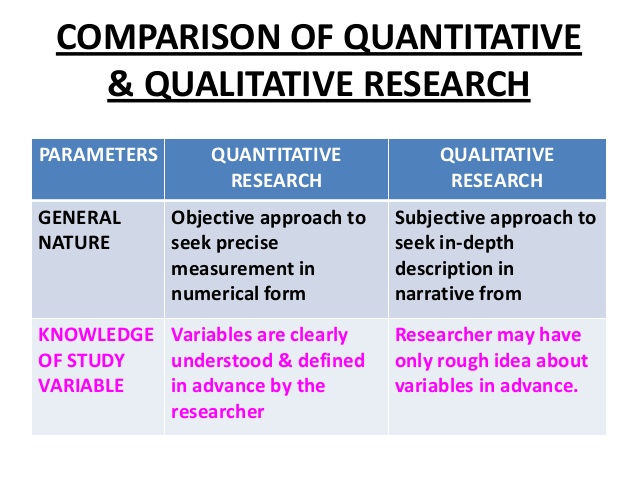
Qualitative vs. Quantitative Research (from St Mary's University in Minnesota)
Explains the differences between quantitative and qualitative research.
Qualitative versus Quantitative Reseach (from Xavier University Library)
Helpful table highlighting the differences in these research methods
Although qualitative studies are sometimes flagged as "qualitative" in either the title or the subject headings, this is not always true. Researchers must be creative and flexible in order to find qualitative research, particularly in the ERIC database. Think about searching with terms that might indicate a qualitative approach.
|
Such terms might include methods by which researchers gather qualitative data:
|
They can also include terms that are likely to describe a certain qualitative approach:
|
Most databases such as ERIC and PsycInfo will have a thesaurus that can help guide you to the words and phrases that are used to group articles together by their main ideas and (sometimes) by their methodologies. You can search these thesauri directly in the databases to discover relevant words to use in your search.
A simpler but equally effective way to discover relevant subject terms is to examine the subject terms that appear within your search results:
